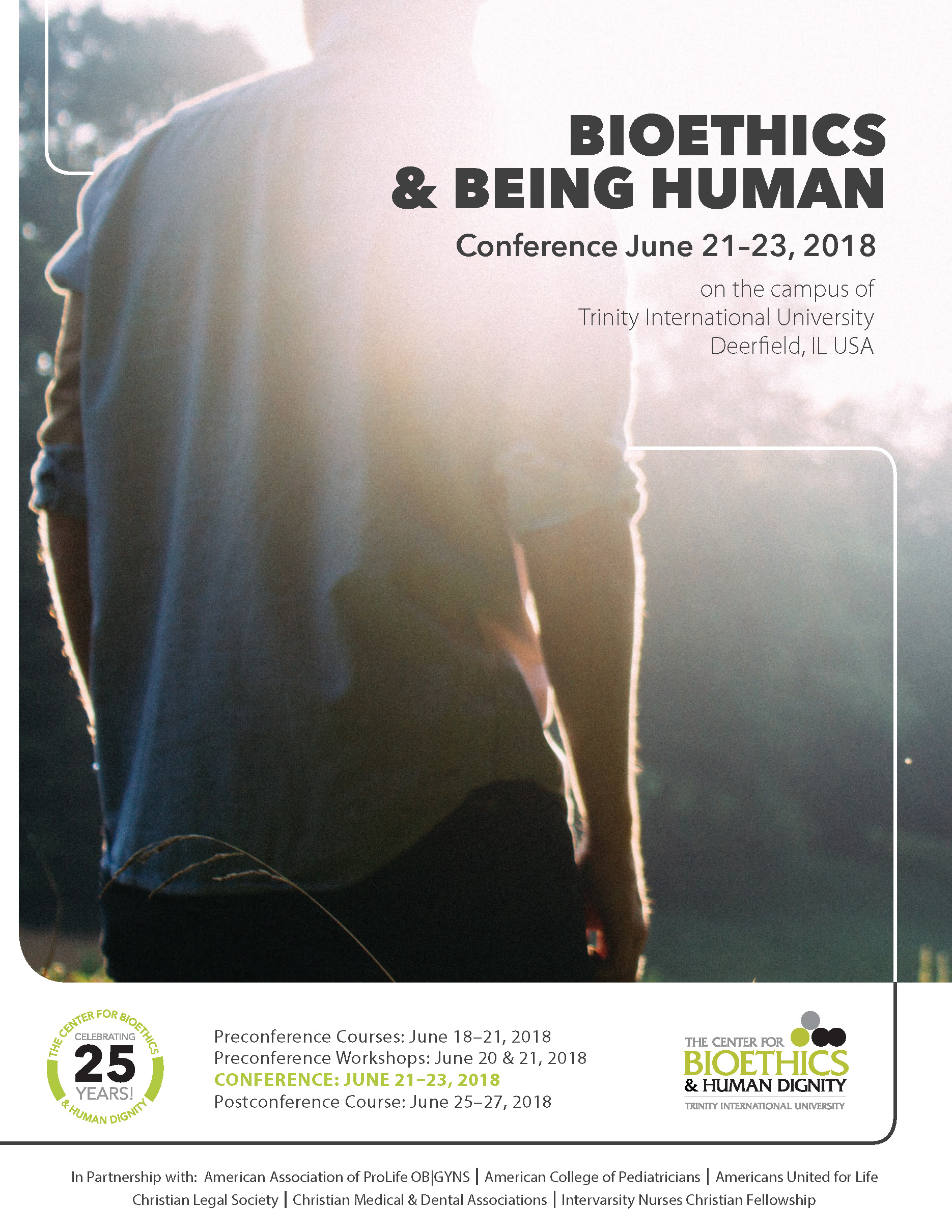
Is medical care for older adults a burden? That question is often posed in discussions of healthcare allocation and is sometimes used as a pretext for societal limitation of medical care based on age. For example, in an article in 2013 titled “Society’s Unsustainable Burden,” former governor Richard Lamm endorsed age-based rationing of care. A case in which the feeling of “being a burden” was an initial impediment to informed consent for a minor but life-preserving medical intervention in an otherwise independently functioning older adult will be presented. “Being a burden” is more often cited than severe pain in requests for assisted suicide in jurisdictions where it has been legalized. Online surveys suggest that most respondents do not consider older adults to be a burden, yet the message seems to pervade discussion of this issue. As will be illustrated in the case presented, this message may be a coercive influence against accepting life-preserving care.For the Christian, this discussion uncovers biblical truths about being human. To be human is to bear the burden of sin and mortality; all humans will at some time suffer the consequences of this burden (2 Cor. 5:4). But we serve a God who daily bears our burdens (Psa. 68:19). The ultimate expression of his love is in the burden-bearing atonement of Jesus Christ (Isa. 53:4; 1 Peter 2:24). To fulfill the law of Christ, Christians are called to bear one another’s burdens (Gal. 6:2). Christ’s yoke is easy and his burden is light (Matt. 11:30). Practical application of this ethic provides the rationale for compassionate and inclusive medical care of older adults. The perspective of a geriatric physician and a geriatric nurse practitioner will be presented.